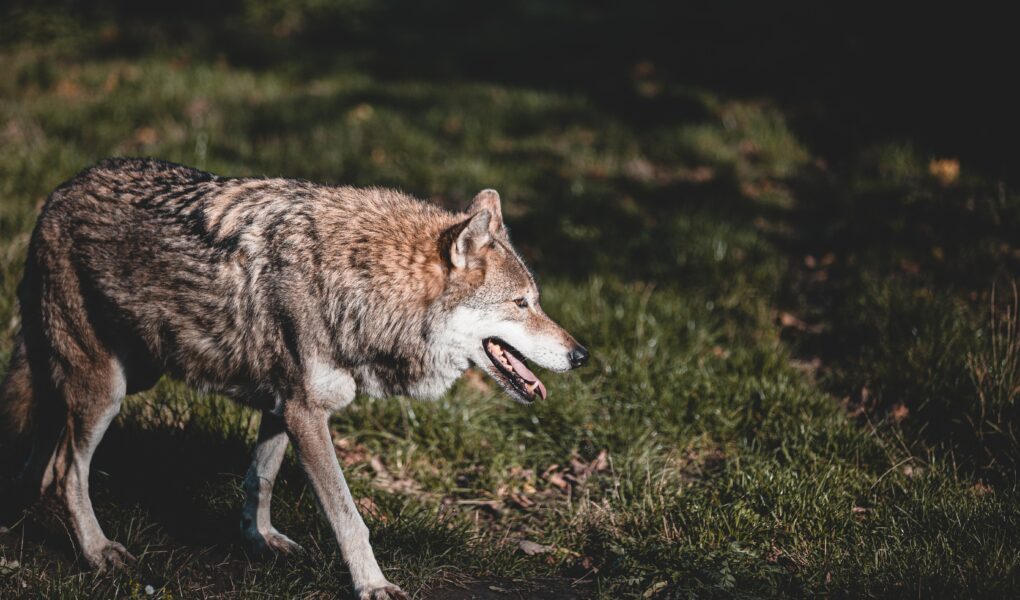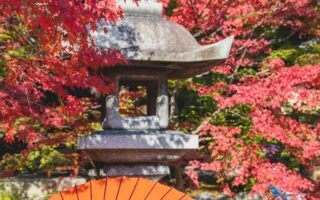Gnostic-Christian Tantra as ‘Spirituality from Below
Author: Dr. Martin Spiegel
The human being has different soul bodies; they are deeply interwoven with each other. We pay special attention to the body of physicality and the “wild man within us” – two aspects of the human being that have long been suppressed or even denied by spiritual traditions. They are nevertheless indispensable for inner development and freedom. For the author it is time to open ourselves trustingly to our soul parts. This is in order to get on the track of the mystery of life beyond inner tensions and divisions.
Does being spiritual mean as much as being ‘soulful’, i.e. being deep, being in the heart, in love, compassion etc.? Or are we talking about ‘higher states of consciousness’ – ‘enlightenment’, ‘cosmic consciousness’, ‘unity consciousness’ or something? Do we speak of change of consciousness or change of being? The term spirituality is used for all this today.
For some it means to be different. Better, more ‘soulful’ in life, to meditate, to do yoga, to be humanistic or the like. For others it means to occupy oneself with ‘spiritual things’, to read ‘spiritual books’, from the classical religious writings to the modern esotericists.
But also not only to read, but somehow to put into practice – to the point of being an ‘awakened one’, an ‘initiate’, ‘enlightened one’. ‘Saint’, mystic, magician, medicine man, etc. Or also a ‘liberated one’, who has overcome the wheel of death and re-embodiment, freed from karma, absolved from sin or the like.
Is it about personality change or improvement? Or is it about the end of personality, ego and the realization of the super-personal, divine in us?
Never before has the word spiritual been so much on everyone’s lips. At the same time people pay very little attention to what it really means or can mean …
There is this wonderful esoteric image of the human being as a horse-drawn carriage: the carriage is the ‘physical body’; the drawbar (power transmitter) is the pranic or ‘etheric body’, life body or similar. The horse is the ‘desire body’, our ‘mammalian soul’, sidereal or astral body, our ’emotional life’. The reins are our ‘thought life, mental body, reason’ or the like,he coachman is the ‘higher self’, the soul – but the one who tells us where to go. In the carriage is the (for most people still sleeping) baby as a passenger, the “God in diapers” (Mikhail Naïmy).
THE MYSTERY OF THE SHADOW OR DEMON SELF
Just as the positive consciousness or soul spaces in our microcosm feed macrocosmic positive force fields and these souls spaces are themselves offspring of the macrocosmic , so negative qualities and behaviors likewise feed global/macrocosmic negative force fields as their likewise offshoots. They are incited by them to feed them. As the ancients knew (e.g. by mass hysterias of euphoria, fanaticism, fear, aggression, religious intoxication etc.). For example, the three helpers of King Mara, the ruler of demons in Buddhism. They are called Tanha – the greed, Rati – the lust, Arati – the discontent.
“You, don’t let yourself harden in these hard times,” sings Wolf Biermann, but that is exactly what happens:
- Suppression/repression of impulses and needs
- Suppression/repression of feelings of suffering such as pain, fear, horror, bewilderment, aggression/auto-aggression, ‘psychic suicide’, hatred (cold or glowing), despair, sadness, bitterness etc.
- with the consequences of mental insensibility, numbness and soullessness, condemnation of others, not being able to suppress oneself so well/letting oneself go, etc.
THE ASCETIC AND THE TANTRIC WAY FOR THE BODY
Here we find the difference of the classical ‘ascetic’ way of body renunciation or even body hostility to the holistic way in its modern understanding, which in a certain way can also be called tantric. The Sanskrit word tantra = ’tissue’ translates something like thus: “The way beyond something does not lead around it, but through it.”
Classically, it is still the case that many paths assume that sexuality must be sublimated into ‘spirituality’. This in order to become free or achieve higher states and abilities of consciousness (siddhi, Sanskrit).
Or do I first have to have gone through everything? To be able to say: “Nothing human is alien to me”? In order to be able to conclude with the body, nature, life in the world? Or can just the physical be a method? As a way, as in ‘tantra’, to realize ‘divine’?
What role does the physical play in spirituality, or what role can it play?

Today we say that on the way to God or to higher consciousness we may neglect nature; to the point of saying: Nature is God!
But the very first nature our ‘soul’ confronts, is our body!
It is understandable if already the small child feels restricted by the body. It wants to play or to watch TV forever in the evening. Yet still, the body is tired.
“The road to hell is paved with good intentions,” says the popular saying. And Jesus in the Sermon on the Mount: “Do not resist evil!”
But when I am in the mode of letting go and accepting, the impulses from the shadow ego no longer have power over me. They tap into my neediness. And the impulses from the wild man are rather still suitable. They bring me into the body and underpin my soul life with life force.
In gnostic esotericism they say: When I become inwardly calm, leave everything; when I let go of everything and place my life, my being completely in the hands of the Divine Being, then my chakras also calm down. The inner energy turbines become still and then, after my inner about-face or conversion, begin to turn in the right direction.
On the one hand, I realize that I am not the doer. That the ‘results of my vectors’ from the totality of the counteracting and co-acting of all my inner influences and reactions prevail anyway:
“The whole whirlpool strives upward, / You think to push, and you are pushed.” (Goethe, Faust I, Walpurgis Night)
“We do not live, we are lived.” (Jan van Rijckenborgh)
On the other hand: when I let go, the ‘result of vectors’ changes. My higher or true self, my light soul, the ‘god in diapers’ awakens, and the weighting/constellation of my ‘vectors’/influences changes.
 About the author
About the author
Dr. Martin Spiegel, born 1952, studied German, Philosophy and Sinology at the FU Berlin, M. A. 1977, Dr. phil. 1988. Works as a teacher and lecturer in various institutions, including Moabit Prison Berlin. 2012 Founded the AGAPE School of Life P 2000. Married, several children.
This article appeared originally on the German Homepage Tattva Viveka: Das Geheimnis des wilden Menschen in uns





